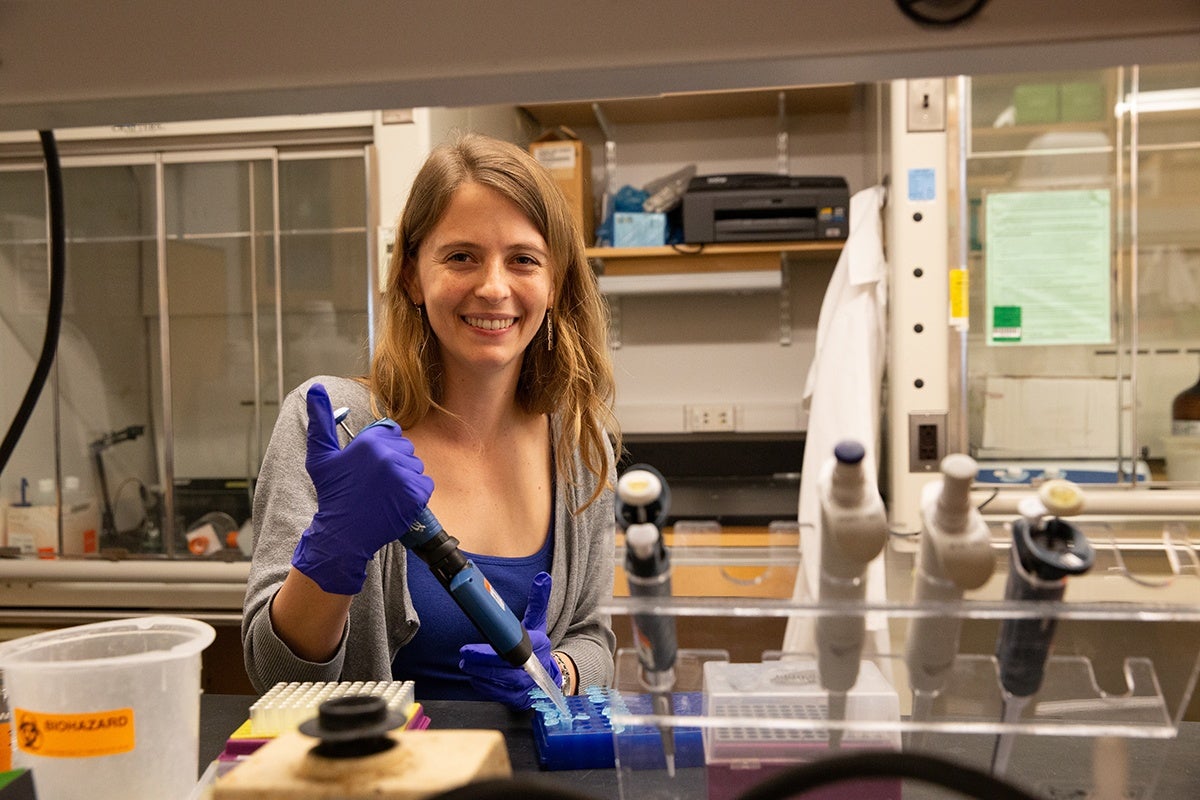Related Topics
Cholesterol-transporting molecule may increase Alzheimer’s risk
Having higher levels of a certain lipoprotein—a molecule that helps carry fat around the body—may increase people’s risk of developing Alzheimer’s disease.

Rethinking dementia as preventable, not inevitable
There are many ways to prevent dementia—starting with convincing the public it can be done, says Harvard Chan School’s Albert Hofman.

Portfolio diet may decrease risk of heart disease and stroke
The portfolio diet—a plant-based diet designed to lower unhealthy cholesterol—may lower the risk of heart disease and stroke, according to a new Harvard Chan School study.

Exposure to PFAS associated with increased blood lipids, possible CVD risk
Increased exposure to certain types of PFAS is associated with increased blood lipid levels in adults, according to a new study led by Harvard Chan School.
Why more stringent regulation is needed for ‘forever chemicals’
Environmental health expert Philippe Grandjean discusses the importance of regulating PFAS.

How healthy lifestyles and cholesterol medications can work together to improve heart health
Combining healthy lifestyle habits, such as exercising, avoiding smoking, and eating healthy, can lead to positive changes in an individual’s cholesterol profile that are different but complementary to the effects of cholesterol-lowering medications, according to research led by…
Detail-oriented, with an eye on the big picture
Allison Andraski, PhD ’19, bridges her passion for research with her interest in health by studying the little-understood world of HDL, or “good” cholesterol. May 22, 2019 – In her senior year at UC Santa Barbara, Allison Andraski…

Sludge used as fertilizer could be toxic; ban sought
Public health experts say that Maine should ban the use of municipal sludge as fertilizer after dangerous levels of toxic chemicals called per- and polyfluoroalkyl substances, or PFASs, were found at a farm near Portland where the sludge…
Eggs and heart health explored
Nutritionists disagree about the effect of eggs on heart health. Now a new study has found that the more eggs a person eats, the greater the risk of cardiovascular disease and early death. The same was true for…
‘Bad’ cholesterol spikes after holiday indulgence
Study participants had very high levels of low-density-lipoprotein—the “bad” cholesterol known as LDL—in their bloodstream during the first week of January.